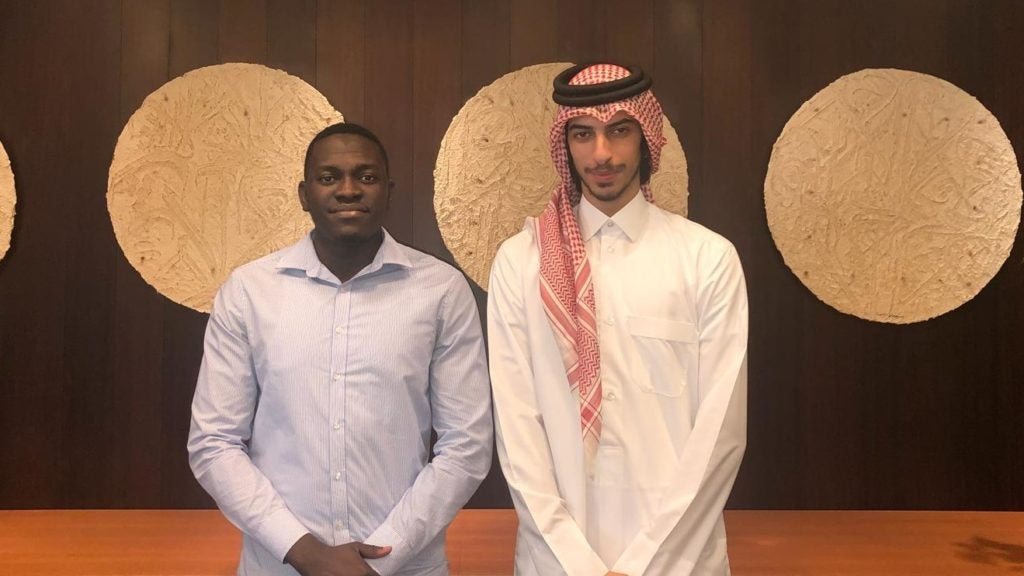Georgetown Students Connect Food Production, National Pride, and National Security

Six students at Georgetown University in Qatar (GU-Q) were the recent winners of an Undergraduate Research Experience Program (UREP) grant from the Qatar National Research Fund in support of a school research project that will explore the role that Baladna Farm has played in defining Qatari sovereignty and self-sufficiency in the wake of the blockade.
Media headlines around the world carried the story of Qatar airlifting in 165 holstein cows in response to the milk shortages caused by the embargo of blockading countries in June of 2017. Today, the Baladna dairy company represents the nation’s resilience, national pride, and identity. And the team of Georgetown student researchers are hoping to explore these associations by using the company as a case study of the State of Qatar’s efforts to implement food-security measures and establish control over food production.
Drawing on interdisciplinary approaches in political science, economics, food science and anthropology, this project is the first of its kind to document broader national visions through the lens of a dairy farm. Explaining the benefits to students and the impact on the body of knowledge on Qatar, primary faculty mentor Dr. Rogaia Abusharaf said: “This is a part of a series of research projects aimed at studying Qatari society in depth. It gives students, especially Qataris, a strong motive to do their best, while using critical thinking skills when researching such vital issues as food security and their connection with sovereignty. The students’ findings will also lay the groundwork for future research on the issue.”
Research team member Nasser Al Kaabi (GU-Q’20) says: “The project would involve human observation, both at the micro and macro level. It would also involve studying the cattle that produce the products and their welfare.” He added: “I hope to interview various individuals, like nationals, expatriates, the workers at Baladna, and possibly top tier government officials.”
For Nasser, Qatar’s national security isn’t only an educational pursuit, it’s a personal one. “As a Qatari, I am committed to giving my full support to my country, especially in the circumstances we find ourselves in now.”
The research team for the “Baladna: Qatari Articulations of Sovereignty and Self-Sufficiency in the Wake of the Siege” UREP project also includes students Abdulqudus Sanni (GU-Q’20), Khalid Marafi (GU-Q’20), Muhammad Ibrahim Tariq (GU-Q’20), John Robling (GU-Q’19), and Ali Al Sheebani (GU-Q’20), as well as the support of mentors Uday Chandra, professor of government at GU-Q, and Tahra El Obeid, the head of the College of Health and Sciences at Qatar University.
“Many people don’t know the background of the issue and how it evolved into a symbol of challenge,” says Ali Al Sheebani, adding: “but Georgetown has given us the self-confidence and skills to ask the right questions.